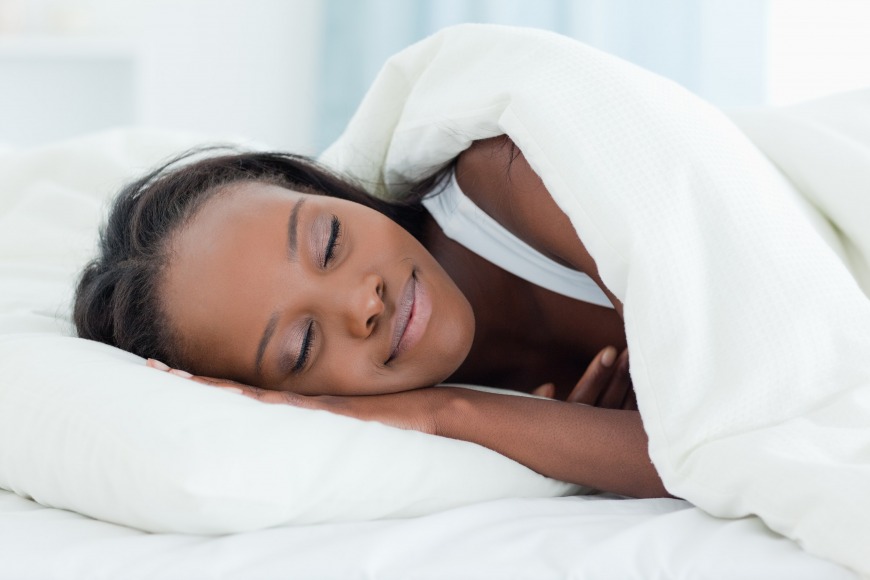A new survey reveals the most common ways a poor night’s sleep alters our appearance

All Credits: PA
We all know how it feels first thing in the morning when you’ve failed to get enough sleep the night before.
Grogginess, difficulty concentrating and a craving for caffeine or comfort food are all typical symptoms – and they can last well beyond midday.
SEE ALSO: These 5 Things Will Help You Get Better Sleep
Looking in the mirror only confirms our exhausted state, but according to a new study, the way sleep deprivation affects our appearance varies.
This helps to programme your brain and internal body clock to get used to a certain routine, so you’re more likely to fall asleep at the same time each night.
“Have a good evening wind down routine to help prepare the mind and body for a good night’s sleep,” Dr Meadows adds.
The NHS recommends a number of activities to help you wind down at night: a warm (but not hot) bath, gentle stretching or yoga, a guided meditation, and writing a ‘to do’ list so that you get any distractions off your mind.
Reading a book or listening to the radio can also be relaxing, but it’s best to avoid TV for an hour before you go to bed.

According to Sleep.org, the bright light emitted by a TV or computer screen fools the brain into thinking it’s still daytime and preventing the release of melatonin, the chemical which makes you fall – and stay – asleep.
So there you have it, follow these steps and hopefully you’ll get the sleep you need to look and feel good when morning comes.
- Tags:
- sleep
- Skin
- general health
- wellness




.png?itok=HBSyMDok)









































































.png)


























.png?itok=0fOAXkOm)

























.png?itok=EH_x0Pha)
